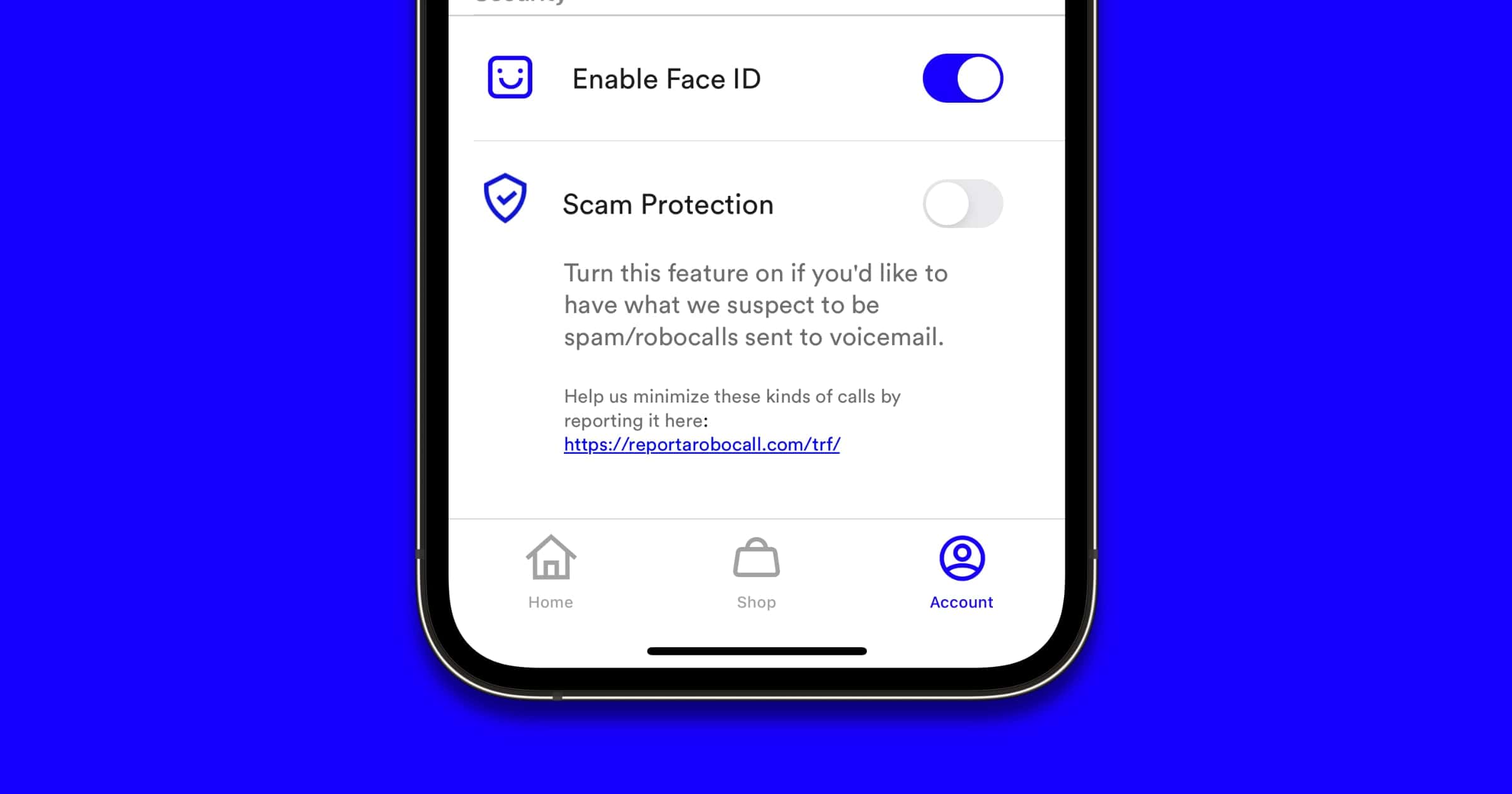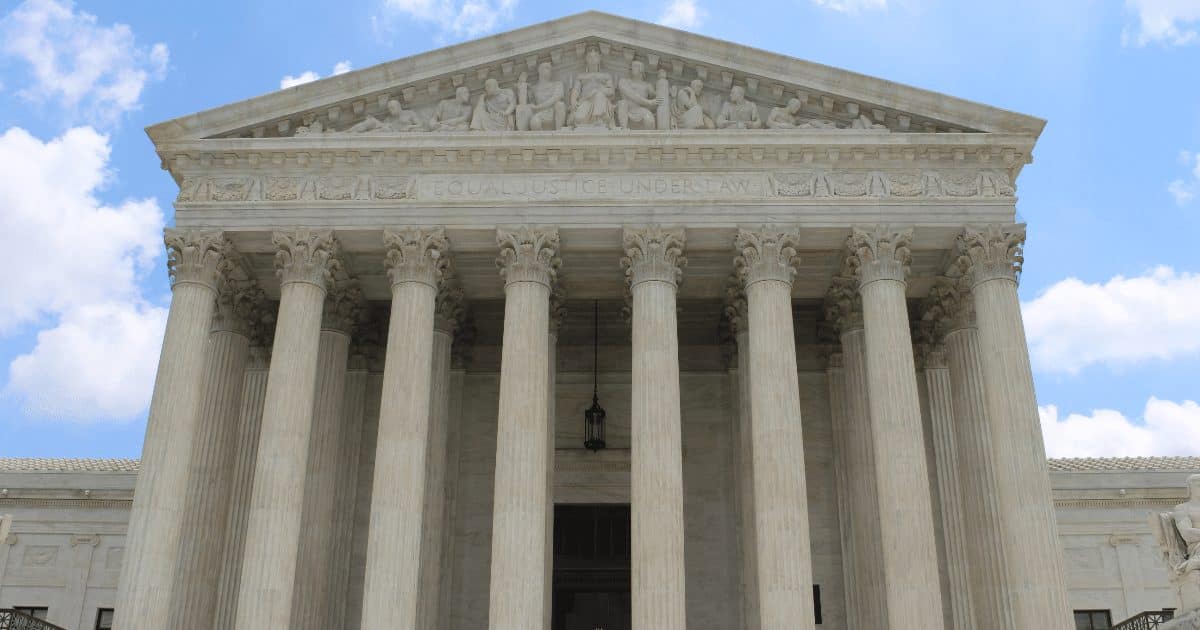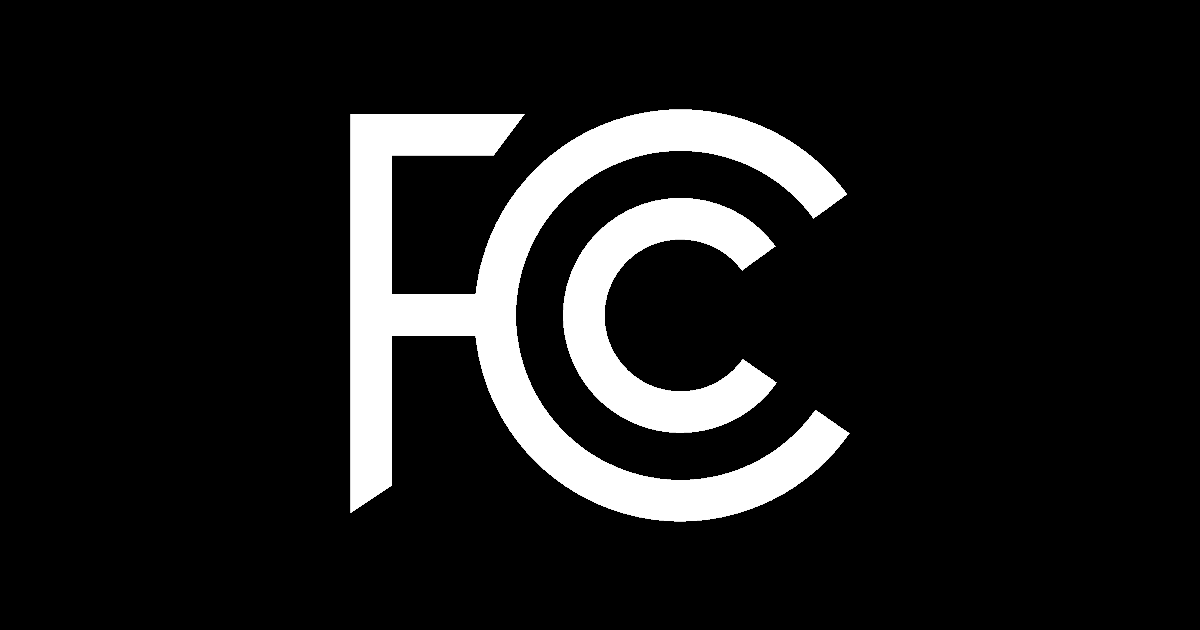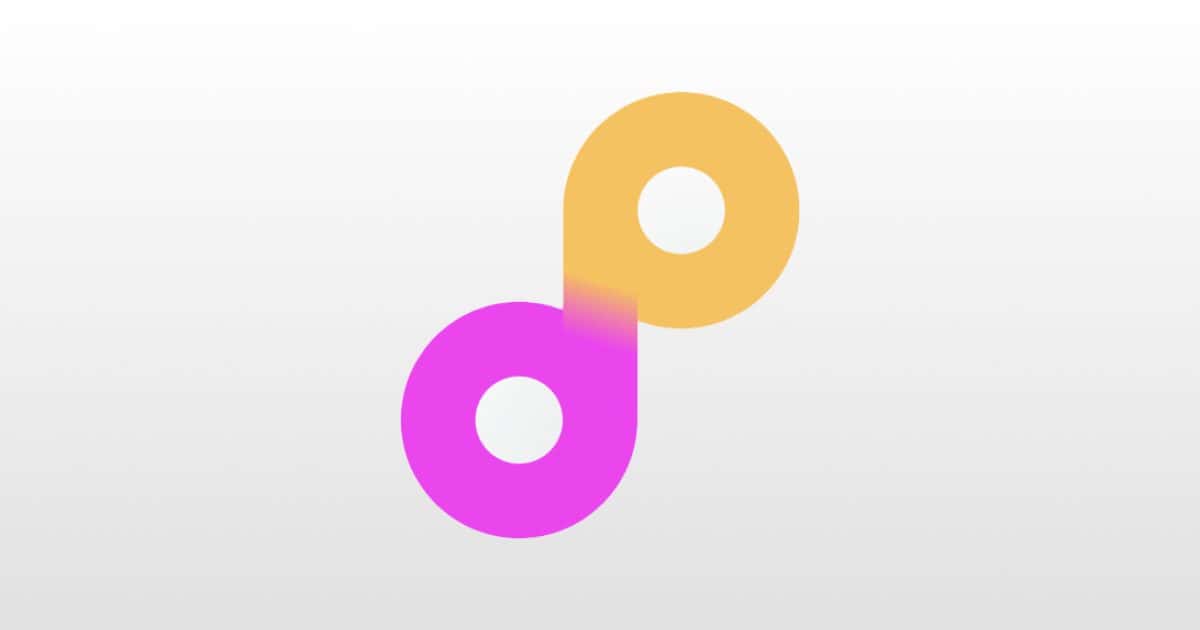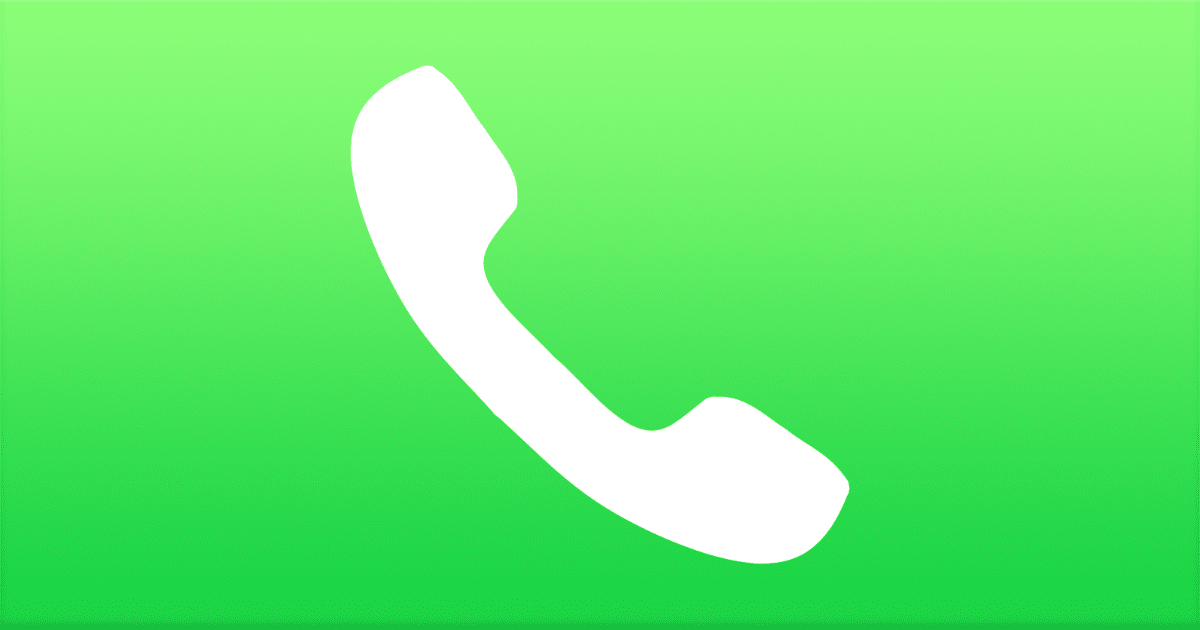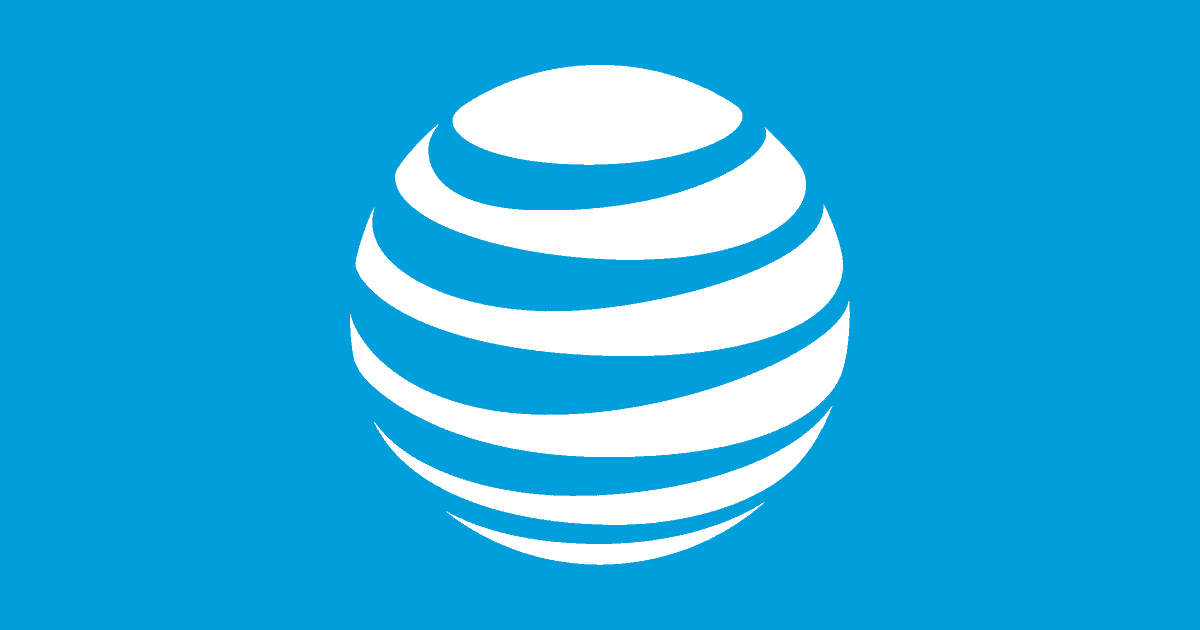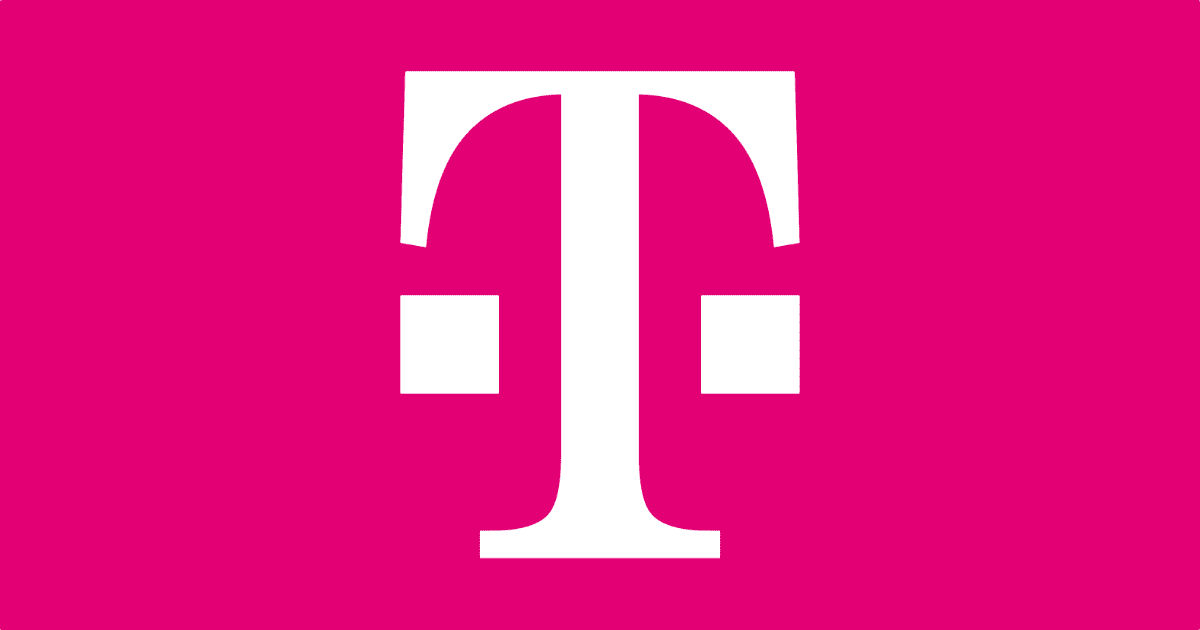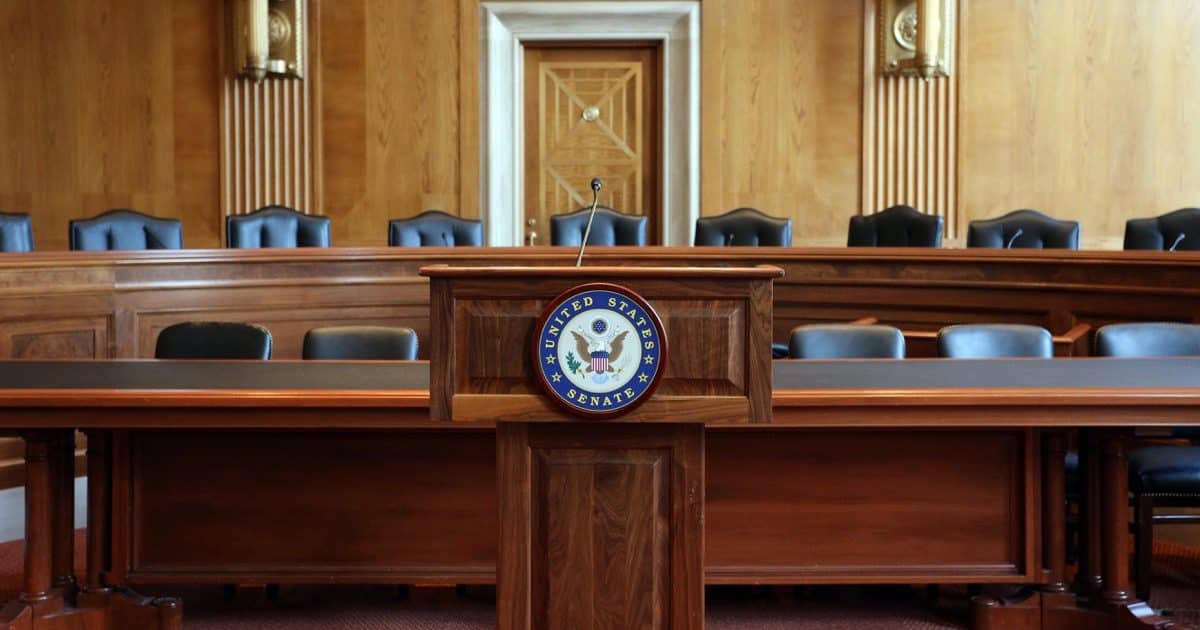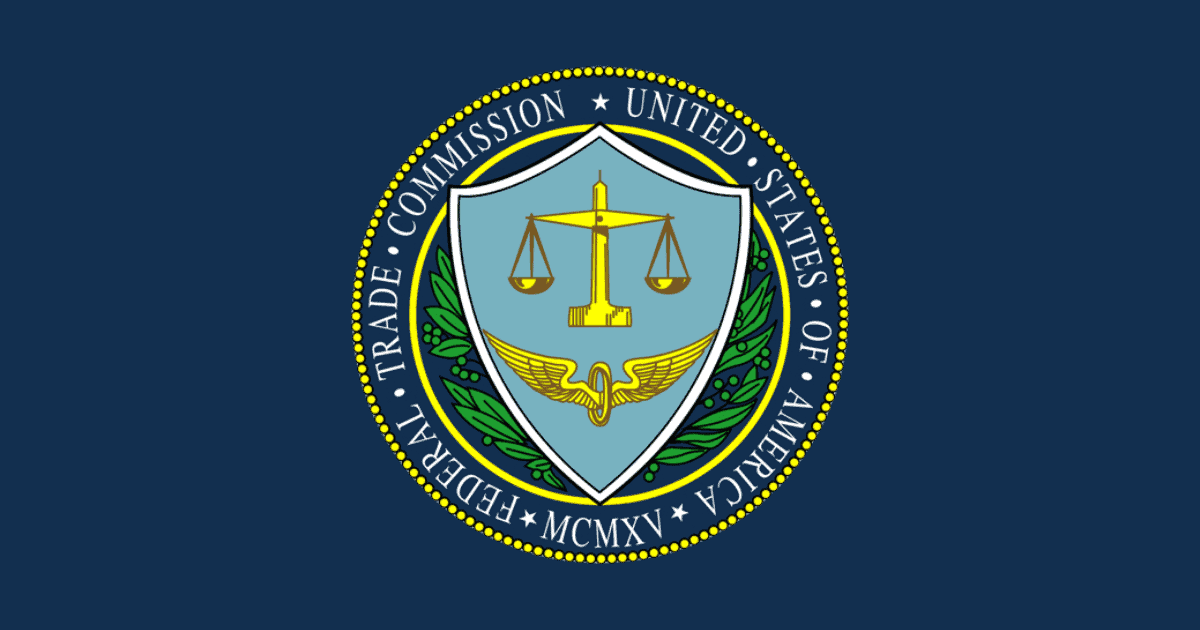In an email to customers, prepaid carrier Visible announced that it’s rolling out a Scam Protection feature to fight robocalls.
robocalls
This Hacker Fights Back Against Phone Scammers
AARP recently published a fascinating investigative report of how one man, alias Jim Browning, fights back against phone scammers.
Supreme Court Supports Federal Ban on Robocalls
The U.S. Supreme Court has upheld a federal ban on robocalls and eliminated an exception that was made for government debt collectors.
New FCC Require Carriers to Authenticate Calls With STIR/SHAKEN
FCC Chairman Ajit Pai proposed new rules today that would require companies to authenticate calls with the STIR/SHAKEN protocol.
‘Robo Revenge’ Will Block and Automatically Sue Robocallers
The newest service from DoNotPay is Robo Revenge. It will block robocallers and automatically sue them for you.
Robo Revenge combines both features to automatically add you to the Do Not Call Registry, generate a virtual DoNotPay burner credit card to provide scammers when they illegally call you anyways, use the transaction information to get the scammer’s contact information, then walk you through how to sue them for as much as $3,000 per call under the Telephone Consumer Protection Act (TCPA), a law already on the books meant to protect consumers from calls that violate the Do Not Call Registry. The app also streamlines the litigation paperwork by automatically generating demand letters and court filing documents.
As a reader pointed out below, you’ll find this service within the DoNotPay app.
Lawmakers Sign TRACED Act Into Law to Fine Robocallers
Lawmakers officially signed the TRACED Act into law, which imposes fines up to US$10,000 per call for robocallers. Here are features:
- Extends FCC’s statute of limitations on robocall offenses and increases potential fines
- Requires an FCC rulemaking helping protect consumers from spam calls and texts (this is already underway)
- Requires annual FCC report on robocall enforcement and allows for it to formally recommend legislation
- Requires adoption on a reasonable timeline of the STIR/SHAKEN framework for preventing call spoofing
Robocalls and Scams are Killing Phone Calls
Sarah Hagi writes how the phone call is dying thanks to the rise of robocalling. Now, many people don’t answer unknown callers and instead send them to voicemail.
Speaking to so many people, it struck me how resigned everyone was to this fact: that this is seemingly just the way things are now, with no hope of it getting better, only worse. And while many believe millennials killed talking on the phone because we fear real connection, maybe it’s because we are too scared of getting scammed.
It’s appropriate to come across this article today because I’ve gotten an increase in robocalls in the past couple of days. Aside from using a robocall-blocking app, I go to Settings > Phone > Silence Unknown Callers.
50 Attorneys General and 12 Carriers Want to End Robocalling
The attorneys general of every state along with 12 carriers announced a plan to end robocalling. But it’s not legally binding, nor is there a deadline.
AT&T, T-Mobile Rolling Out Call Authentication
AT&T and T-Mobile are starting to roll out the call authentication feature based on T-Mobile’s SHAKEN/STIR technology.
Call verification won’t eradicate the issue, but it’ll give subscribers the choice not to answer potentially illegal calls, which could be scams or attempts to steal their identity…An AT&T spokesperson also told us that the carrier is testing a way for the SHAKEN/STIR protocol to work for everyone at no extra cost. To be precise, the company is developing a way to make the protocol work with AT&T Call Protect, which can block fraudulent calls for free.
It better be free. Security shouldn’t be an optional purchase.
Robocall Apps Could Be Sharing Your Data
Robocall apps like Hiya, Truecaller, and TrapCall were caught sending your data to data analytics companies.
Apple's Silent Updates, Robocall Blocking – TMO Daily Observations 2019-07-11
John Martellaro and Andrew Orr join host Kelly Guimont to talk about the state of updates from Apple, and the latest in blocking robocalls.
T-Mobile Hosting 'Scam Block Party' on July 15
On July 15 T-Mobile will be hosting an online ‘Scam Block Party’ to raise awareness about its Scam Block tool and share robocall prevention tips.
AT&T Robocalls to Be Blocked in the 'Coming Months'
AT&T robocalls will be automatically blocked, the carrier announced. New customers have the service now, and existing customers will have it “in the coming months.”
AT&T’s Call Protect service does three things: it detects and blocks fraudulent calls entirely, flags telemarketers and spam calls as “Suspected Spam” when the phone rings, and allows you to maintain a personal block list to specifically block individual numbers.
It’s about damn time that carriers start using robocall-blocking technology. And I mean automatically; they all have their various blocking apps.
Senate Passes Anti-Robocall Bill Called TRACED Act
Yesterday the Senate voted 97-1 in favor of the Telephone Robocall Abuse Criminal Enforcement and Deterrence (TRACED) Act.
FCC Wants Carriers to Automatically Block Robocalls By Default
The FCC is calling on carriers to start automatically blocking robocalls by default, for free. So far the agency this isn’t a requirement.
FCC Warns of Increase in One-Ring Robocalls
The FCC is warning of an increase in one-ring robocalls. Scammers call you once, the hope you’ll be curious enough to call back.
A long-running hustle that is reportedly seeing a resurgence involves a scammer calling someone and then hanging up after just a couple of seconds. The perpetrator hopes that curiosity will prompt the person to call back. But doing so will result in expensive per-minute charges, leaving the caller with an expensive bill if the scammer succeeds in keep them on the line for any length of time.
Phone Calls Need to Stop Taking Over the Screen
Phone calls on the iPhone take up the entire screen, but Andrew has an alternative solution: What if calls came in like other notifications?
Robocallers, Advertising Consent – TMO Daily Observations 2019-04-18
Andrew Orr and Dave Hamilton join host Kelly Guimont to discuss robocall blocking and a new law concerning consent to get advertising.
T-Mobile Works With Apple on Robo-Calling Using STIR/SHAKEN
Today T-Mobile launched a call protection feature called STIR/SHAKEN in partnership with Comcast to prevent robocalls.
FTC Shuts Down Four Robocall Groups
The Federal Trade Commission (FTC) has shut down four robocall groups responsible for billions of robocalls.
Four separate operations responsible for bombarding consumers nationwide with billions of unwanted and illegal robocalls pitching auto warranties, debt-relief services, home security systems, fake charities, and Google search results services have agreed to settle Federal Trade Commission charges that they violated the FTC Act and the agency’s Telemarketing Sales Rule (TSR), including its Do Not Call (DNC) provisions.
I feel like this will be a hydra situation. Four get shut down and eight new ones take their place.
